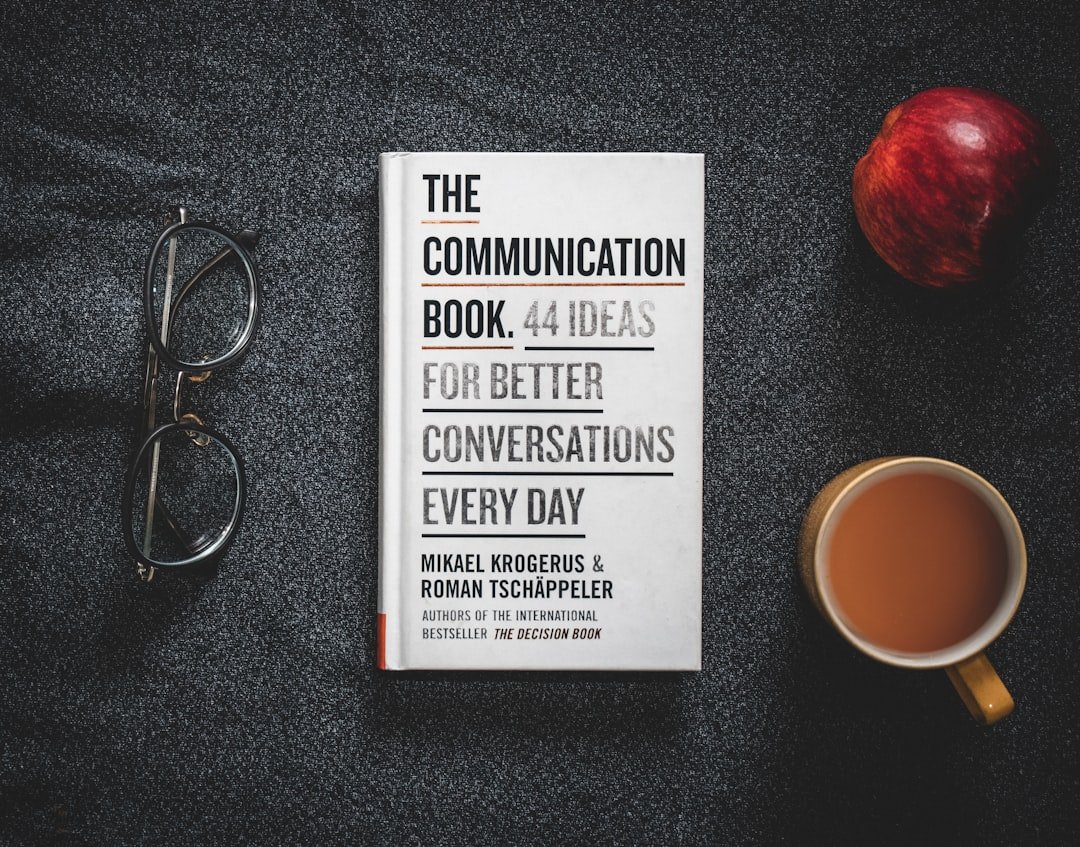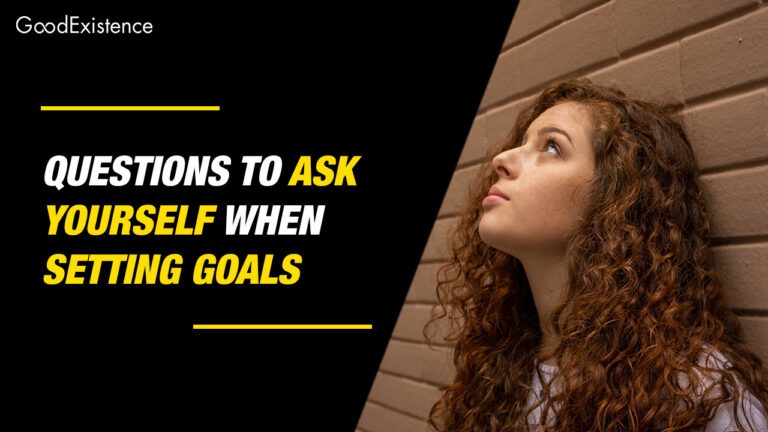
Have you ever walked away from a conversation feeling completely misunderstood?
I know I have. That feeling of disconnect is frustrating and can make you feel incredibly lonely even when you’re surrounded by people. For years I was stuck in my own world of bad habits—gaming, overeating, and laziness. I was an expert at isolating myself but terrible at actually connecting with others. The truth is bad communication was at the root of so many of my problems. It kept me from building strong relationships and from being honest with myself and the people who cared about me.
Improving how we talk to each other isn’t about learning clever tricks or manipulation. It’s about building genuine bridges between people. It took a lot of work and a lot of mistakes but I learned that changing how I communicate changed my entire life. It helped me rebuild relationships repair trust and finally feel heard.
Here are 10 simple steps that helped me learn to connect better. I hope they can help you too.
10 Steps to Truly Connect With Others
-
Listen to Understand Not Just to Reply
This one sounds simple but it’s the foundation of everything. How often do we listen to someone while just waiting for our turn to talk? We’re busy forming our response in our head instead of actually absorbing what they are saying. Try this instead: The next time someone is talking focus completely on their words their tone and their feelings. Try to understand their point of view before you even think about your own. You’ll be amazed at what you hear when you truly listen. -
Put Your Phone Away
Nothing says “you’re not important” like checking your phone in the middle of a conversation. I used to be guilty of this. The digital world felt more interesting than the real one. But a real connection requires presence. When you talk to someone give them your full attention. Put your phone in your pocket or face down on the table. Look them in the eye. Show them they matter more than a notification. -
Watch for More Than Words
So much of communication isn’t verbal. Pay attention to body language. Are their arms crossed? Are they avoiding eye contact? Or are they leaning in and nodding along? These cues tell you the real story. Noticing them helps you understand if your message is landing or if the other person is feeling uncomfortable or defensive. It’s a way of listening with your eyes. -
Ask Better Questions
Small talk can feel empty. To go deeper you need to ask better questions. Instead of questions with a simple "yes" or "no" answer ask open-ended ones. For example instead of asking “Did you have a good day?” try asking “What was the best part of your day?” This invites a story not just a one-word answer. It shows you are genuinely curious about their life. -
Be Clear and Kind
Hinting and beating around the bush just creates confusion and resentment. It’s much better to be direct but always with kindness. When I started my health journey I had to learn to say “No thank you I’m not eating that right now” instead of making up a vague excuse. It was hard at first. I didn’t want to offend anyone. But people respected my honesty. Clear communication builds trust. Vague communication destroys it. -
Pick the Right Moment
Timing is everything. Trying to have a serious conversation when someone is stressed tired or rushing out the door is a recipe for disaster. If you have something important to discuss ask “Is now a good time to talk about something?” This simple question shows respect for their time and mental space. It sets the stage for a much more productive conversation. -
Stay Calm Under Pressure
Conversations can get heated. It’s easy to let emotions take over and say things you regret. When I feel myself getting angry or defensive I try to pause. I take a deep breath and sometimes say a quick silent prayer for patience. This small pause is often enough to stop a knee-jerk reaction and respond with a clearer mind. You can’t control how others act but you can always control how you respond. -
Learn to Say Sorry and Mean It
A real apology is powerful. It’s not “I’m sorry you feel that way.” It’s “I’m sorry for what I did. I was wrong.” Owning your mistakes shows humility and strength. It tells the other person that you value the relationship more than your own pride. We all mess up. The key is to fix it with a sincere apology. -
Accept Feedback Without a Fight
Hearing criticism is tough. Our first instinct is often to get defensive. But sometimes the feedback we get is a gift even if it’s hard to hear. Try to listen to it as a chance to grow. You don’t have to agree with everything but just listening without arguing can completely change the dynamic. It shows maturity and a willingness to improve. -
Show Your Appreciation
Don’t forget the power of a simple “thank you.” Thank people for their time for their help for listening to you. Expressing gratitude makes people feel seen and valued. It’s something I practice daily not just for the big things but for the small ones too. Acknowledging the good in others strengthens your bond and creates a positive cycle of communication.
Building better relationships is a journey and I’m still on it every single day. It’s not about becoming a perfect speaker overnight. It’s about taking small consistent steps to be a more present and understanding person.
So here’s a challenge for you: Which one of these steps can you focus on this week?
Just pick one. Maybe it’s putting your phone away during dinner. Or maybe it’s asking one person a better open-ended question. Small changes lead to big results.
Take it one conversation at a time. You’ve got this.





